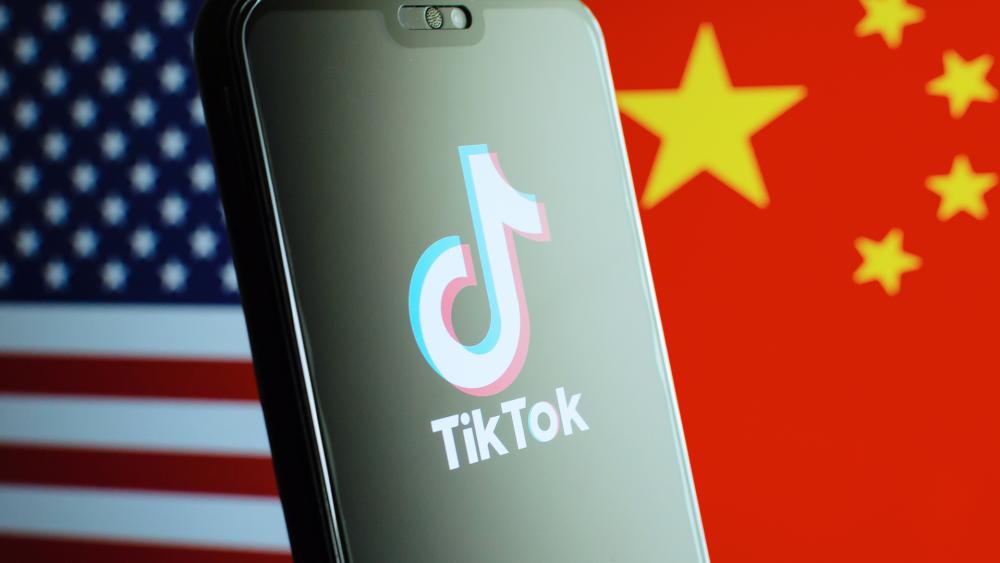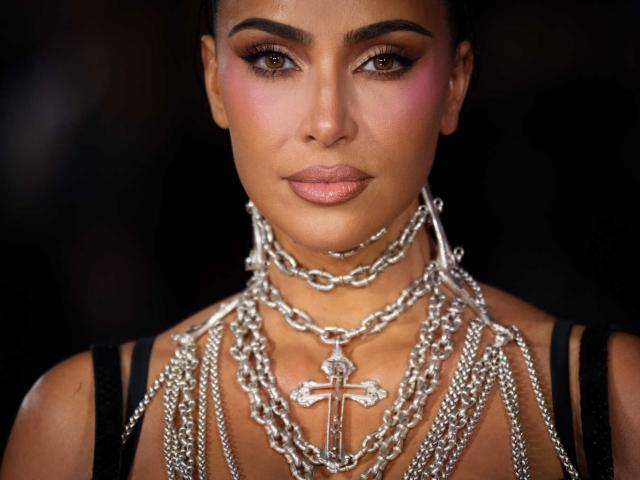BREAKING:
The Supreme Court unanimously upheld a federal law banning TikTok on Friday. The ban is set to take effect on Sunday, January 19, unless the China-based parent company sells TikTok to a U.S. buyer, which doesn't seem likely just yet.
The court ruled that the risk to national security posed by TikTok's ties to China's communist regime supersedes any free speech concerns for the app's 170 million U.S. users.
The court’s decision means new users won’t be able to download the app and updates won’t be available, but it won’t disappear from users’ phones.
President-elect Donald Trump, who takes office on Monday, January 20, has said he’ll find a way to "save" TikTok, but it’s unclear what he's planning.
EARLIER REPORT:
WASHINGTON, D.C. - At the center of the case is a recent law requiring ByteDance, TikTok's Chinese parent company, to divest its U.S. operations by January 19, or face a nationwide ban. The Biden administration supports the law, arguing that it is necessary to protect American user data and prevent potential manipulation of content by the Chinese regime. TikTok, on the other hand, claims that the law violates the First Amendment rights of its millions of U.S. users.
President-elect Donald Trump has requested a delay in enforcing the law until after his inauguration. Trump's move adds another layer of complexity to the already high-stakes case.
During the hearing, Chief Justice John Roberts expressed concern about ByteDance's alleged cooperation with Chinese laws, which may require the company to assist in Chinese intelligence operations.
"The ultimate company that controls it, ByteDance, was found by Congress to be subject to Chinese laws that require it to assist or cooperate with the Chinese government's intelligence work," said Roberts.
The case pits national security concerns against the free speech rights of TikTok's 170 million U.S. users, who rely on the platform for entertainment, information, and commerce.
TikTok and its supporters argue that the platform serves as an important tool for free expression, while some justices, including Justice Amy Coney Barrett, raised concerns about the potential for TikTok to be used in covert operations. "The concern is about the covert content manipulation piece of the algorithm," Justice Barrett said.
Justice Sonia Sotomayor also questioned the data collection practices of TikTok, which gathers not only personal information from users but also contact lists from their phones. "Not only is it getting your information, it's asking, and most people give it permission to access your contact list, whether that contact list has permitted them to or not," Sotomayor said. "So they can now have data about all of your contacts and anything you say about them."
The case has drawn significant attention, as roughly half of Americans use TikTok, making it one of the most popular social media platforms in the country. The outcome could set a precedent for how the U.S. handles foreign-owned technology platforms and national security threats moving forward.
***Please sign up for CBN Newsletters and download the CBN News app to ensure you receive the latest news updates from a Christian perspective.***
Did you know?
God is everywhere—even in the news. That’s why we view every news story through the lens of faith. We are committed to delivering quality independent Christian journalism you can trust. But it takes a lot of hard work, time, and money to do what we do. Help us continue to be a voice for truth in the media by supporting CBN News for as little as $1.












 Support CBN News
Support CBN News







